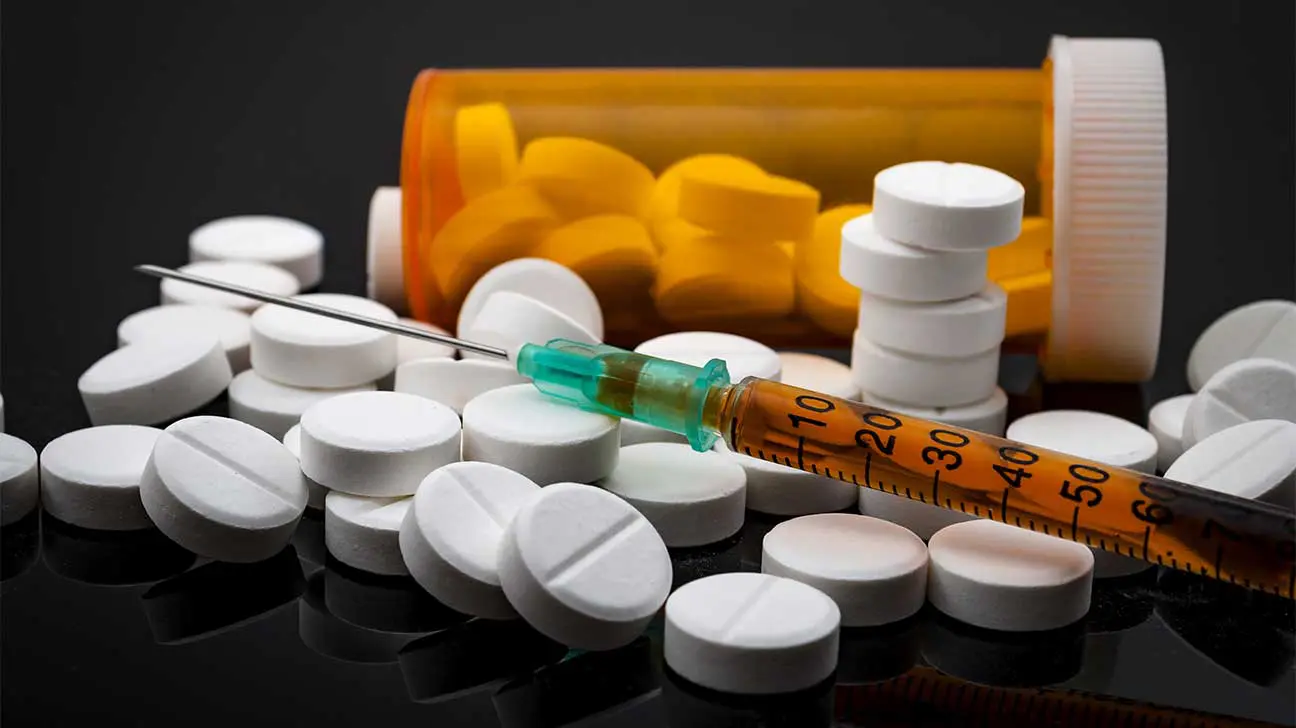Massachusetts Heroin and Opioid Addiction Epidemic

Across the United States, the opioid epidemic is an ongoing issue of concern linked to tens of thousands of deaths each year. The state of Massachusetts is believed to be one of the epicenters of the opioid crisis, along with Ohio, Rhode Island, and other New England states.
Amid the coronavirus pandemic, recent reports show that opioid overdoses are on the rise. People who struggle with addiction are more socially isolated, face barriers in accessing treatment, and may be forced to seek dangerous, alternative channels for acquiring opioid drugs.
If you or a loved one is struggling with heroin or opioid abuse, our treatment specialists at Spring Hill Recovery want you to know that you are not alone.
Our treatment center strives to provide a safe and supportive environment for people recovering from substance use disorders (SUDs) during the course of the pandemic. To that end, we continue to operate both our residential treatment and intensive outpatient treatment programs for people in need.
What Are Opioids?
Opioids are a class of narcotic drugs prescribed to treat moderate to severe pain. The term ‘opioids’ typically refers to drugs that are at least partly synthetic, or man-made. An example of this is the highly potent opioid, fentanyl. Heroin, on the other hand, is a natural substance commonly referred to as an opiate.
Synthetic opioids like fentanyl are much more potent than opiates like morphine and heroin, and can, therefore, cause life-threatening consequences in much smaller amounts.
Common prescription opioids include:
Although opioids can be effective for easing pain, they are also highly addictive. Taking opioids regularly for more than a couple of weeks can cause dependency in the body, making it difficult for a person to stop taking the drugs.
People can also develop a tolerance to their starting doses, requiring higher doses to continue feeling the drug’s pain-relieving effects.
Beyond their use for pain relief, opioids can also cause a “high” that may become addictive to those who take them. Opioids may initially cause feelings of euphoria and relaxation. Over time, however, opioid abuse and addiction can also cause severe agitation, anxiety, depression, and painful physical symptoms throughout the body.
Side effects of opioids may include:
- confusion
- nausea
- constipation
- sleepiness
- dizziness
- low testosterone
- increased sensitivity to pain
- itching
- sweating
Many people who become addicted to opioids use these drugs to self-medicate, as a way to treat symptoms of other physical and mental health issues, including depression and post-traumatic stress disorder (PTSD). For some, taking opioids can become a way to relieve both physical and emotional pain.
Opioid abuse and addiction have been linked to various health problems, including greater risk for liver disease, HIV, cognitive decline, and issues during pregnancy.
How Massachusetts Has Been Affected By The Opioid Crisis
Massachusetts is one of the top ten states believed to be most impacted by the opioid crisis. The opioid-related death rate in Massachusetts is double the national average, despite having one of the lowest prescribing rates.
One of the biggest drivers of the Massachusetts opioid crisis more recently is the increased use and abuse of illicit fentanyl. Fentanyl is anywhere from 50 to 100 times more potent than heroin and is the leading cause of opioid-related deaths in the state.
Statistics on opioid misuse and addiction in Massachusetts:
- In 2018, there were a total of 1,991 reported opioid-related overdose deaths
- About 475 of these opioid overdose deaths involved heroin
- The majority of opioid-related drug overdose deaths in the state involve synthetic opioids
- About half of all admissions to substance abuse treatment centers in the state are opioid-related
- More than two-thirds of those who died of a fatal opioid overdose from 2011 to 2014 had received a legal prescription for opioids
The opioid crisis is more than just a crisis of fatal overdoses, however. Opioid abuse and addiction can also have significant effects on a person’s social life, health, and livelihood. People who struggle with opioid abuse may have a difficult time concentrating on things outside of their drug use and may struggle to function in their usual routines.
Relationships with friends and family can suffer due to opioid addiction. Although loved ones may try to reach out to help, many people struggling with opioid abuse can be resistant to support or feel hopeless about the possibility of recovery.
The Massachusetts Department of Health reports that virtually every community in the state has been impacted by the opioid crisis in one way or another. Some ways the Massachusetts opioid crisis has affected the state’s residents include death, nonfatal overdoses, or other disruptions to interpersonal relationships, neighborhoods, and employment.
Getting Help For Opioid Addiction In Massachusetts
Thousands of Massachusetts residents are believed to struggle with opioid misuse or addiction at any given time. Staying silent about these struggles and giving refuge to shame can be one of the greatest barriers to seeking help.
At Spring Hill Recovery, our treatment specialists seek to remove some of the most common barriers people with opioid use disorders have towards achieving recovery. This includes internalized stigma, financial barriers, lacking access to a full continuum of care, and finding a treatment approach that is capable of meeting one’s personal needs.
If you or a loved one are struggling with opioid or heroin addiction, don’t wait to reach out for help. Spring Hill Recovery offers both residential and intensive outpatient treatment options suitable to meet people at various stages of the addiction recovery process.
Contact us through our online form or by calling us at 888-603-2860 today.
- Centers for Disease Control—Opioid Basics https://www.cdc.gov/drugoverdose/opioids/index.html
- Centers for Disease Control—Prescription Opioids https://www.cdc.gov/drugoverdose/opioids/prescribed.html
- Massachusetts Department of Health—Opioid Epidemic https://chapter55.digital.mass.gov/
- WBUR—Coronavirus Pandemic Compounds Another Ongoing Crisis: The Opioid Epidemic https://www.wbur.org/hereandnow/2020/07/07/coronavirus-opioid-abuse-crisis


